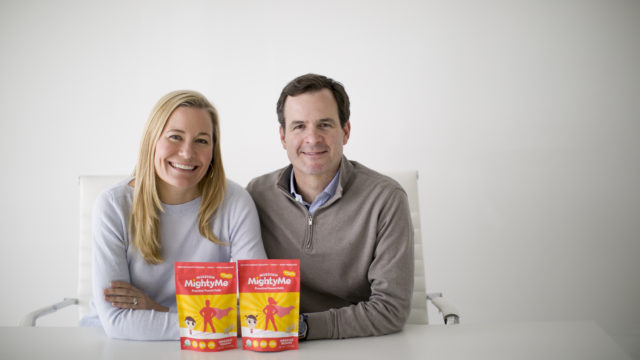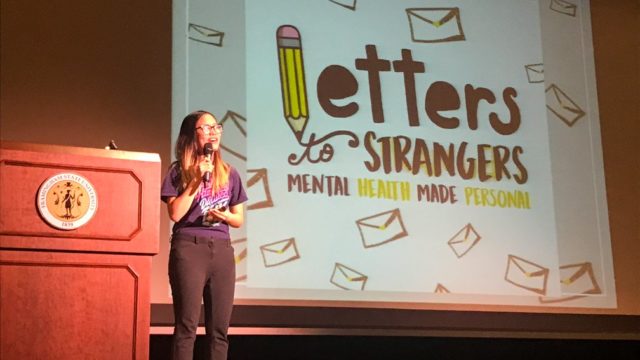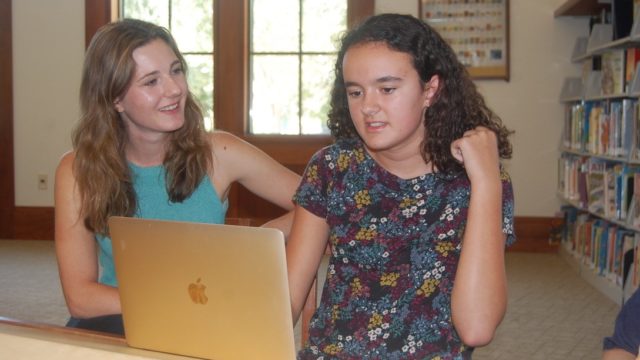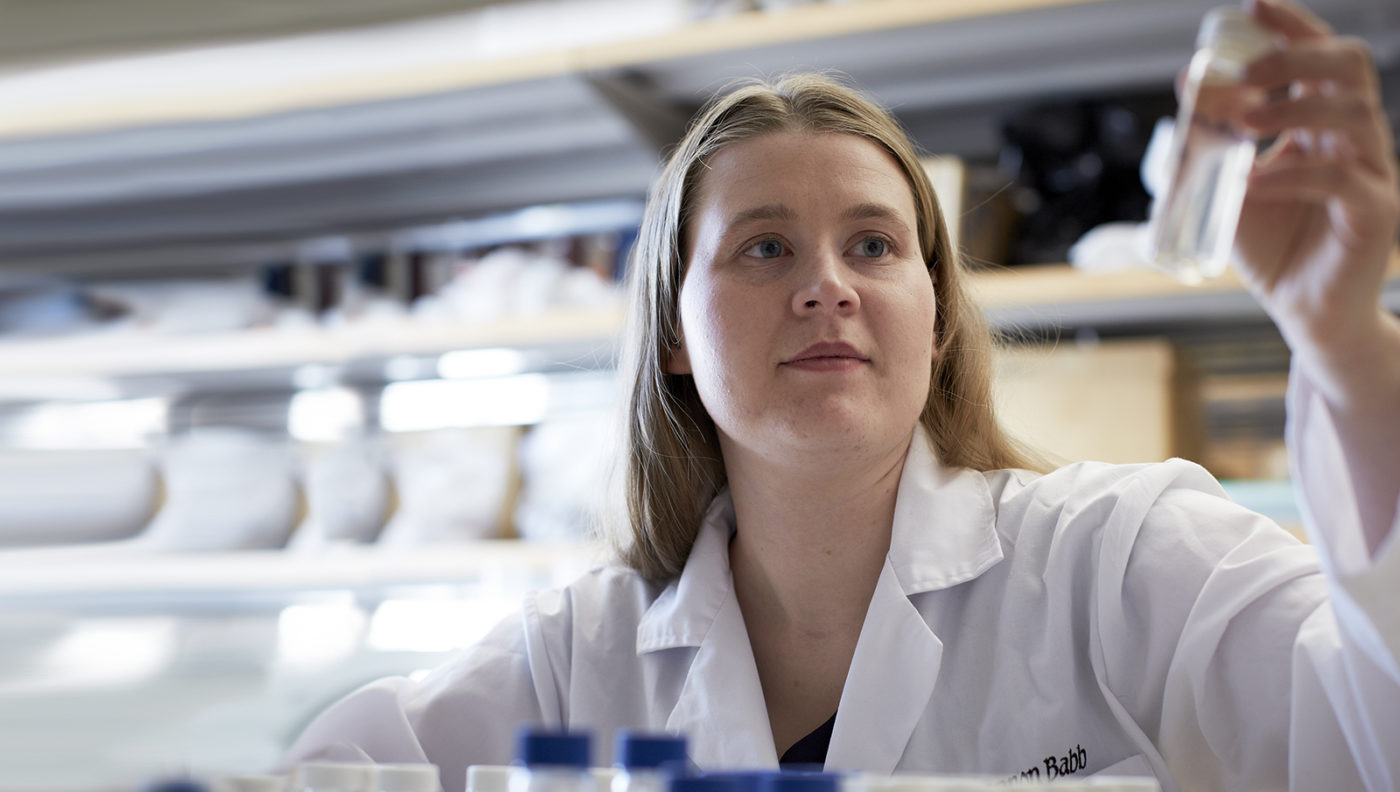
Changing the World One Solution at a Time
Shannon Babb has been interested in science as long as she can remember. When she was really little, she wanted to be a paleontologist, spending hours a day in her yard digging for dinosaur bones. Her mother jokes that Shannon never found dinosaur bones, but became interested in being a geologist because she was so good at finding rocks.
At the tender age of 10, Shannon started focusing on water quality. She discovered there was no good data to demonstrate the extent of pollution in her local lakes and waters. That data gap led her to do a series of science projects on Utah Lake, which is in the valley where she grew up. “Those projects proved that sometimes a student in the community could get more done than a government agency,” she recalls.
For seven to eight years, she gathered more data and “became a better scientist,” finding new problems related to water pollution and offering solutions. As a result of her research, she earned a college scholarship from the prestigious Intel Science Talent Search at the same time she received her Coca-Cola Scholarship. While the recognition was gratifying, Shannon says the biggest compliment was that changes were made.
“When I received the Intel scholarship, river clean-ups were organized in my honor,” she says. “Schools now have stream monitoring programs and I have the opportunity to go back and talk to students on a regular basis. The impact is lasting.”
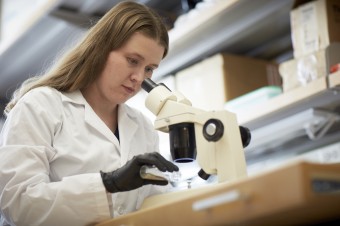
Shannon at work in the Utah State University Soil Science laboratory
At Utah State University, Shannon participated in two “wonderful” research projects. She got to be a geologist, studying what rivers would have been like billions of years ago in the Precambrian era and trying to understand what climate changes were occurring at that time.
“I also got to go to one of the coolest places on earth, literally and figuratively,” she says. “I spent three summers doing lake research on the north slope of Alaska, studying new water quality threats and running experiments to help figure out how climate change will affect the bodies of water.”
Each summer, for six days a week from mid-June through August, Shannon worked at the Toolik Lake Long Term Ecological Research site in Alaska, an international research site dedicated to understanding how the world changes over time. With funding from the National Science Foundation, she and her team collected data. There were so many samples collected that it took teams at multiple universities throughout the nation all winter to analyze them.
“I saw first-hand the effects of climate change,” she explains. “Hotter and drier years have increased the number of thunderstorms and the number of fires. I saw the largest tundra burn ever recorded in North America – the burned area was about the size of New Jersey and it had massive effects on the local environment. There are more extreme environmental phenomena, such as lakes disappearing because the ice underneath melted.”
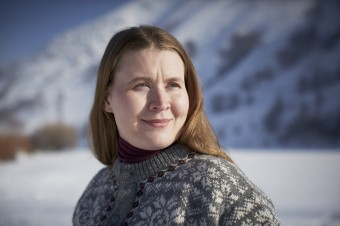
“Coca-Cola Scholars … are going to make the impact the world needs now.”
Shannon’s Masters degree has brought her closer to home, to the Uinta Basin in eastern Utah, one of the most unique environments on the planet. “In this very cold, dry desert environment, very specialized plants have adapted,” she says. “But the geology is valuable for oil exploration, so there is a conflict between this unique biotic environment and a high-value resource. These harsh areas are important to wildlife and plants. They are part of the Green River watershed that feeds the Colorado River. Dust coming off the watershed can affect people from Utah to California.”
As she works on research and solutions in the Uinta Basin, Shannon also volunteers to share her expertise locally, helping to design exhibits at the Living Planet Aquarium and helping to judge the local science fairs. “It’s important to give kids that feedback – to teach them that they can become really good scientists and explore their own questions.”
She says her Coca-Cola Scholarship allowed her to explore her own questions during those summers in the Arctic, honing her scientific skills and making an impact. “When I started on my journey, I was told repeatedly that what I was attempting was impossible – that one person can’t make a difference,” she says. “I’m so thankful I was able to prove them wrong. I think so many of the Coca-Cola Scholars are like me in that they dare to push the limits and they are going to make the impact the world needs now.”


